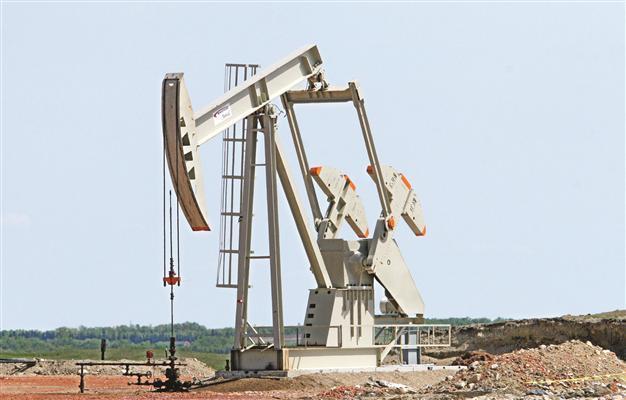Turkmen state ready for sell off but wants control of fuel
ASHGABAT - Reuters

AFP photo
Reclusive Turkmenistan will launch a privatization of state-held assets in its tightly regulated economy in coming months but looks set to keep control of the vital oil and gas industry, officials have said.“I have just signed an order to approve Turkmenistan’s privatization program for 2013-16,” state media quoted on Jan. 12 President Gurbanguly Berdymukhamedov as telling an enlarged government meeting a day earlier.
“Sell-offs of some state companies will start already at the beginning of this year,” he said without giving a time frame.
The president, who wields virtually unlimited powers in the Central Asian nation of 5.5 million, made no mention of the oil and gas sector in a country which sits on the world’s fourth-largest natural gas reserves.
‘Strategic companies’
A government official told Reuters on Jan 12, requesting anonymity, that the sector would remain under state control.
The government has compiled a list of other “strategic companies of national significance” which will not be privatized, the official said.
He said sell-offs would primarily target transport, communications and construction assets.
“Our privatization programme is just in line with our plans of gradual transition to a market economy,” said Berdymukhamedov, whose word is final in a nation seen by human rights bodies as one of the most repressive in the world.
In his speech, Berdymukhamedov, a qualified dentist widely titled “Arkadag” (The Patron), also did not say whether foreign investors would be allowed to take part in privatization.
Ruling since the death of his autoctratic predecessor Saparmurat Niyazov in December 2006, Berdymukhamedov has eased his grip on small-scale entrepreneurs and stamped out the black market in the manat currency.
The country now plans to introduce international accounting standards next year and to launch a stock market in 2016.
But two decades after the Soviet Union’s demise, Turkmenistan is still lagging far behind its oil-rich post-Soviet neighbor Kazakhstan in terms of economic reforms.
Benefits from oil prices
Turkmen private businesses have so far been allowed to invest mainly in services, public catering and small-scale construction projects.
The Turkmen economy has grown rapidly on the back of high world oil prices. Berdymukhamedov said gross domestic product had expanded by 11.1 percent last year and would grow by no less than 11 percent in 2013. Growth in 2011 was 14.7 percent.
The International Monetary Fund is slightly less optimistic; in November it forecast growth of 8.0 percent in 2012 and 7.7 percent in 2013.
Hopes for future prosperity depend on laying alternative gas export routes to the European Union and India to ease dependence on the country’s former imperial master Russia.
Besides Russia, Turkmenistan sells gas to China and Iran.
The desert nation plans to more than triple its annual gas production capacity to 250 billion cubic metres by 2030. While state media do not disclose the size of gas output, energy major BP estimated Turkmen gas production at 59.5 bcm in 2011.
















